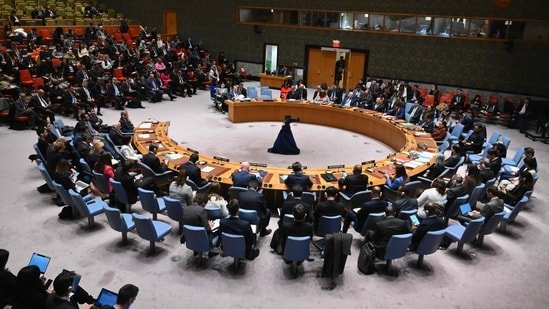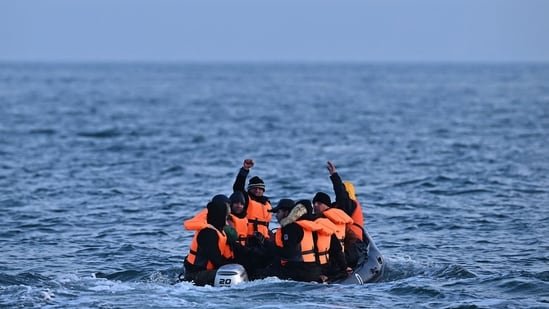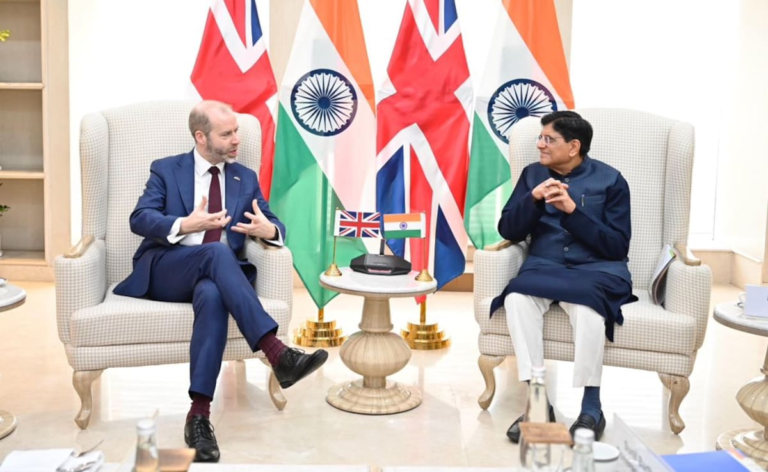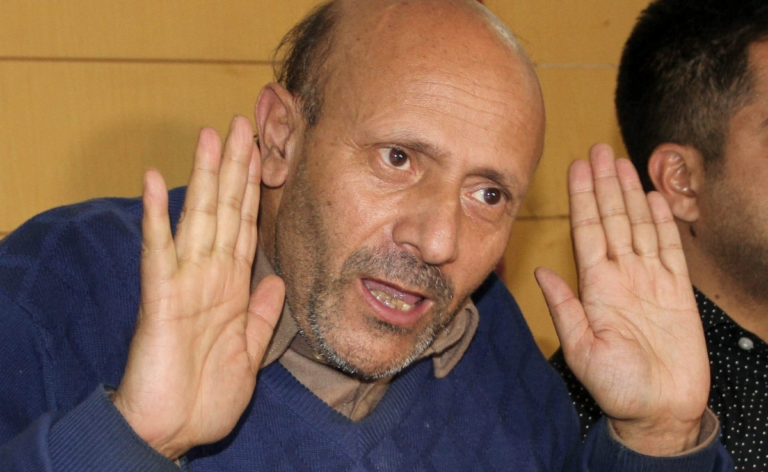
For the first time since Israel’s bombardment and targeting of Gaza began nearly six months ago, the UN Security Council has called for an immediate ceasefire in what is one of the world’s most densely populated regions. Israel would do well to heed the call to end its onslaught. More than 32,000 Palestinians have died — with the daily death toll higher than that of any major conflict in recent years — while millions are grappling with homelessness, hunger and disease at a time when large swathes of Gaza have been razed. There is a groundswell of popular opinion against Israel’s actions in Europe, the US and West Asia. Every other day of war will mean Israel losing more friends and the prospect of a stable West Asia receding.

However much the US may argue that its decision to abstain, after vetoing three previous resolutions, is not a shift in policy, the outcome at the Security Council points to a change of stance by Washington. In an election year, the Biden administration has realised that the collateral cost of providing unfettered support to Israeli Prime Minister Benjamin Netanyahu’s actions can be high. Legal experts believe the resolution, which seeks an immediate ceasefire in Ramzan that can lead to a lasting truce, is binding on Israel. In such circumstances, it is bewildering to hear Israeli leaders still talking about plans to invade Rafah city in southern Gaza.
These latest developments have come at a time when Russia, China, and Iran are more closely coordinating their positions and stepping up efforts to influence politics in West Asia. The Islamic State (IS) attack in Russia has added another layer to existing geopolitical instability, especially since Moscow seems set to play up a purported link to Ukraine rather than probe the IS’ involvement. Any actions that lead to further instability in West Asia are sure to impact the struggling global economy, and no country is likely to be able to insulate itself.
The people of Gaza have been through hell for brutal crimes perpetrated by Hamas. Families have been wiped out and a famine now looms large. Unrestricted provision of humanitarian aid is crucial, but a ceasefire is even more important. All hostages taken by Hamas must be freed and Israel must stop the war before talks on other aspects — including institutional governance for Gaza and a two-State solution — can take centrestage.
Continue reading with HT Premium Subscription
Daily E Paper I Premium Articles I Brunch E Magazine I Daily Infographics








